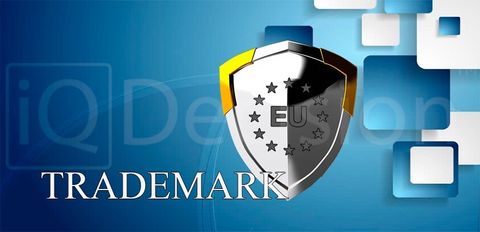There’s been a lot of controversy lately over whether an EU-registered trademark can be invalidated due to the specifications of services/goods not being sufficiently clear or accurate. If you’re planning on registering a trademark in Great Britain or the EU, you will definitely want to find out what the court’s verdict was, won’t you? So, let’s dive into it, shall we?
TM Dispute Resolution in Europe
Sky Plc, a major telecommunications company, filed a lawsuit for trademark infringement against SkyKick UK Ltd, a business that provides software solutions for small- & medium-sized enterprises.
As it later turned out, SkyKick did infringe some of Sky’s trademarks in the EU & UK by making use of similar-looking TMs.
The matters were further complicated after SkyKick filed a counterclaim in Great Britain, arguing that Sky’s trademark rights didn’t extend to industries where it doesn’t operate. And because SkyKick secured TMs which related to computer programs & storage of electronic information, the company claimed that the 2nd party TMs:
- should be invalidated because their specifications aren’t sufficiently accurate & clear;
- have been registered in bad faith due to Sky’s lack of desire to use them with regard to the said services or goods.
After lengthy deliberation, the judges decided that the matter should be referred to the CJEU.
EU: Settlement of the Dispute
It was the CJEU’s verdict that:
- an EU-registered trademark can’t be deemed invalid due to the specification of services/products lacking accuracy or clarity. Therefore, using broad terms like "computer programs" (which Sky did) was consistent with government policy & didn’t grant the owner monopoly rights over them;
- not having an intention to use an EU-registered TM shouldn't’ qualify as acting in bad faith.
The court also suggested a criterion for identifying bad faith, specifying that applying a TM would only be deemed bad faith if the claimant intended to:
- interfere with 3rd parties’ interests;
- get exclusive rights that weren’t compatible with TM’s functions.
Under the court’s verdict, using a TM in relation to certain categories of services/goods entails invalidation of only one part of the TM.
Conclusion
Individuals planning onregistering a TM in Great Britain or the EU should keep in mind that their TM won’t be invalidated due ts specifications being unclear or inaccurate. Moreover, having no intention to utilize an EU-registered TM doesn’t qualify for bad faith.
Seeking to register a TM in the EU or Great Britain? IQ Decision UK can help you with that and a lot more. Sign up for a consultation on TM regulation in Europe & have all your legal issues resolved in an instant.

















